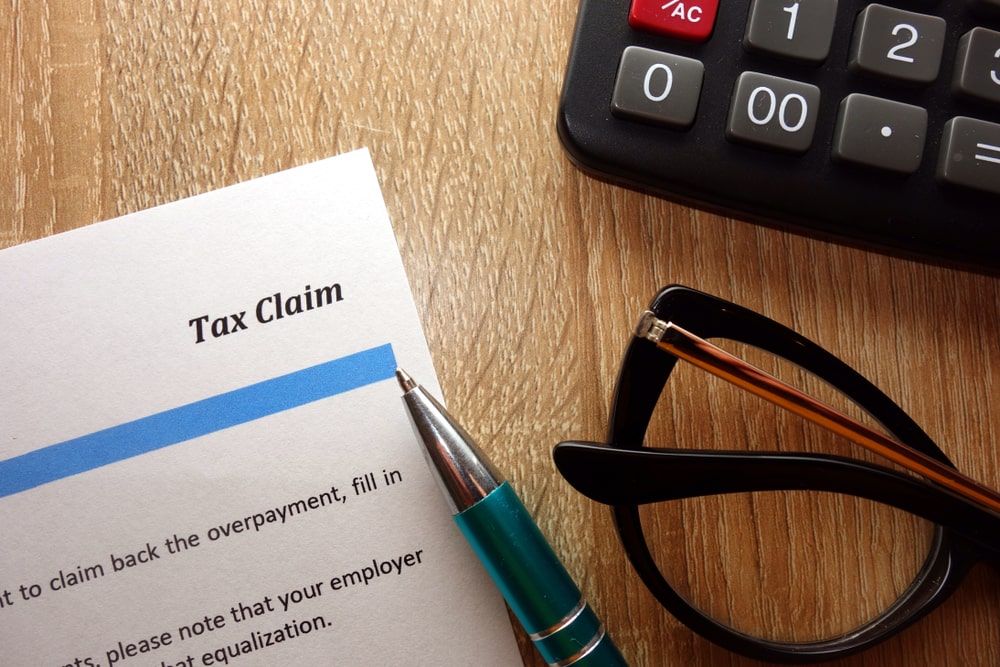
IRS Debt Chapter 7: When Bankruptcy Can Wipe Out Tax Debt
IRS Debt Chapter 7 Rules: What You Need to Know
IRS debt Chapter 7 is a legal pathway that may allow you to eliminate certain tax debts through bankruptcy. But not all IRS debts are eligible. Specific rules must be met for your tax liability to be discharged under Chapter 7. Understanding how this works can help you decide whether bankruptcy is the right option for your situation.
What Is Chapter 7 Bankruptcy?
Chapter 7 bankruptcy is also known as “liquidation” bankruptcy. It allows individuals to eliminate unsecured debt, like credit cards or medical bills, by liquidating non-exempt assets.
Liquidation of Assets Explained
In Chapter 7, a court-appointed trustee may sell certain assets to repay creditors. However, many people keep most or all of their property through state or federal exemptions.
How Chapter 7 Differs From Chapter 13
Unlike Chapter 13, which involves a repayment plan over three to five years, Chapter 7 discharges qualifying debt within a few months. There’s no structured repayment for most types of debt, including qualifying tax debt.
When IRS Tax Debt Qualifies for Chapter 7 Discharge
To have IRS debt discharged under Chapter 7, the tax liability must meet all of the following timing rules:
The 3-Year Rule (Tax Return Due Date)
The tax debt must relate to a return that was due at least three years before the bankruptcy filing date.
The 2-Year Rule (Filing Date)
You must have filed the tax return at least two years before filing for bankruptcy. If the IRS filed a substitute return on your behalf, this rule might not be met.
The 240-Day Rule (Assessment Date)
The IRS must have assessed the tax at least 240 days before your bankruptcy case began. This rule ensures the IRS has time to act before your filing.
If your tax debt doesn’t meet all three of these criteria, it likely won’t be dischargeable under Chapter 7.
Types of IRS Debt That May Not Be Discharged
Even if you meet the above rules, some types of IRS debt are automatically excluded from discharge.
Recent Tax Debt and Fraudulent Returns
If you filed a return with intentional fraud or willfully attempted to evade taxes, the debt cannot be erased. Likewise, debts from recent tax years that fall outside the 3-year window remain collectible.
Payroll Taxes and Trust Fund Penalties
Business owners with unpaid payroll taxes or trust fund recovery penalties cannot eliminate these through bankruptcy. These are considered high-priority debts by the IRS.
If you’re unsure whether your tax type qualifies, a free tax case review can help clarify your options.
Filing Process and What to Expect
If you’re considering using Chapter 7 to address IRS debt, it’s important to understand the process and protections it offers.
Required Documentation and Tax Records
You’ll need to submit proof of income, a list of debts, tax returns, and financial disclosures. The court will review whether your tax debt meets the discharge rules.
Automatic Stay and IRS Collection Halt
Once you file, the automatic stay takes effect. This legally blocks the IRS from garnishing wages, seizing bank accounts, or sending collection letters. However, the stay is temporary and doesn’t erase the debt unless the court discharges it.
Will Chapter 7 Wipe Out Your IRS Debt?
It depends. If your IRS debt meets the age, filing, and assessment rules—and it’s not tied to fraud or payroll taxes—then yes, Chapter 7 can eliminate your IRS debt.
Timing matters. Filing too early could cause your tax debt to survive the bankruptcy process. Consider speaking with a qualified tax attorney who can guide you through the timeline requirements and available options.
Find Out if IRS Debt Chapter 7 Applies to You
Filing Chapter 7 can be a powerful way to resolve tax debt—but only if you meet the rules. Whether you’re unsure about IRS deadlines or don’t know if your return qualifies, Tax Debt Lawyer connects you with attorneys who:
- Analyze your IRS account history
- Review bankruptcy timing and eligibility
- Help you file the right forms
Contact us today to schedule a consultation and learn whether IRS debt Chapter 7 is the right solution for your situation.
Frequently Asked Questions
1. Can IRS debt be discharged in Chapter 7?
Yes, but only if it meets the 3-year, 2-year, and 240-day rules and is not related to fraud or payroll taxes.
2. What tax debt is not dischargeable?
Recent taxes, fraud-based debt, and payroll-related taxes are never dischargeable in Chapter 7.
3. How long must I wait before filing Chapter 7 on tax debt?
You must wait at least three years from when the return was due and two years from when you filed.
4. What happens to tax liens in Chapter 7?
Bankruptcy may wipe out the debt, but existing tax liens on property may still be enforced.
5. Will bankruptcy stop IRS collections?
Yes. Filing triggers an automatic stay, which stops collection efforts during the process.
Key Takeaways
- IRS debt Chapter 7 can discharge certain tax debts—but only under strict timing rules.
- The 3-year, 2-year, and 240-day rules must all be met.
- Debts related to fraud or payroll taxes are not dischargeable.
- Chapter 7 provides immediate relief via an automatic stay.
- Legal guidance ensures you time the filing correctly for maximum benefit.
Free Tax Case Review
If you are struggling with tax debt or have received a letter from the IRS complete the form below.Attorney Advertising. This site is a legal marketing service and does not provide legal advice. Submitting information does not create an attorney-client relationship. Results are not guaranteed.
IRS Audit
You received an audit notice from the IRS
Tax Debt Relief
You owe the IRS money and are looking for relief options
Wage Garnishment
The IRS is taking part of your wages to pay off your debt
Tax Lien
The IRS put a legal claim on your property
IRS Property Seizure
The IRS is going to take your property to pay down or pay off your tax debt
Penalty Abatement
You want to request to remove or reduce penalties assessed by IRS
Innocent Spouse Relief
Relief from joint tax debt caused by your spouse or former spouse
Tax Debt FAQ
Common facts, questions and answers about tax debt and tax debt reilef
Tax Debt Lawyer
A tax debt lawyer can help you with your tax debt problems
Recent Posts
- What Are the Four Types of Innocent Spouse Relief? | Your Complete Guide
- What Are the Four Types of Innocent Spouse Relief Forms | Complete IRS Documentation Guide
- Who Is Responsible for IRS Debt in a Divorce? | Understanding IRS Tax Liability After Divorce
- How Much Can You Pay Your Spouse Tax Free? | IRS Rules Explained
- What’s the Difference Between Injured Spouse Relief and Innocent Spouse Relief?



